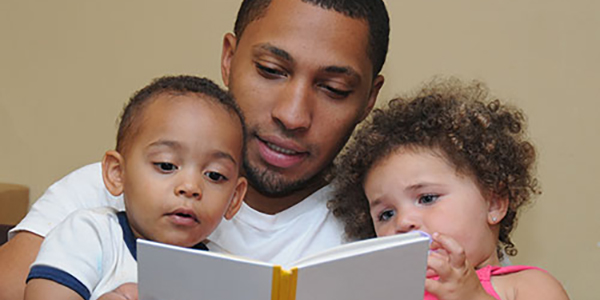Connecting and interacting during school
School-age: establishing connections
Ideas and advice for relationships with school-age children
Good parent-child interactions are essential to the wellbeing of school-aged children. Spend time with your child, engage in activities together, listen to them, and show them lots of love.
Accolades, motivation, and incentives
Children and teenagers who receive praise have higher self-esteem and are more confident. Additionally, giving praise can motivate kids to act in constructive ways.
Your youngster and enthusiastic attention
Giving them your whole attention means showing them that you care about them. It gives them a sense of security and worth. Indeed, it’s essential to kids’ growth.
How to create strong bonds between parents and children
Child growth is largely dependent on parents and children having positive relationships. These kinds of relationships are based on trust, quality time, and being present.
Having fun with kids: suggestions for fostering bonds
Dedicated time spent with your child can foster a stronger bond between you. You can engage in entertaining activities on exceptional occasions or simply as an extension of your regular routine.
Building healthy relationships in families
Children who grow up in households with strong bonds feel safe and cherished. These strategies cover spending quality time together, communicating, working as a team, and more.
School-age friendships: ways to help them succeed
For children, school friends are vital. Arrange playdates to foster friendships. To resolve friendship issues, speak with the teacher or use social reminders.
Children and preteens with ADHD benefit from friendship skills such as emotional control, taking turns, and adhering to rules. Friendships can develop through playdates.
Children’s relationships with their neighbors, family, friends, and local organizations
Children who have connections to the community feel like they belong. Engage kids in activities that benefit and involve family, friends, and the community to help them form relationships.

